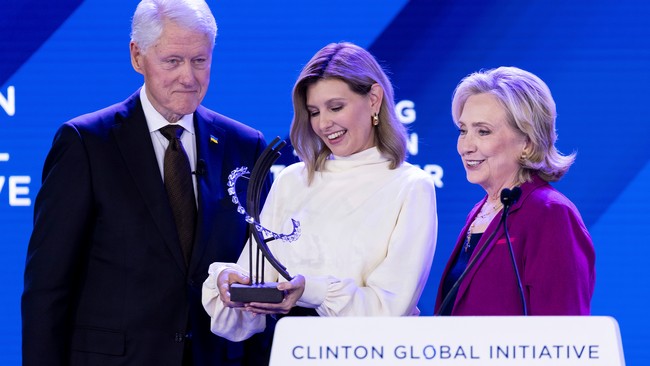FBI Director Kash Patel has declassified documents alleging a cover-up by the Department of Justice (DOJ) concerning investigations into the Clinton Foundation. This announcement claims that high-ranking officials in the Obama administration obstructed a federal inquiry into potential corruption linked to the foundation during the 2016 presidential election.
Patel’s revelations, shared on social media, include a memo detailing how FBI agents faced significant challenges from their superiors, preventing them from pursuing evidence they believed justified a criminal investigation into Hillary Clinton and her foundation. The memo, written by a DOJ lawyer in 2017, outlines instances where agents in New York City, Little Rock, Arkansas, and Washington, D.C., were instructed to halt their work.
Quoting former Deputy Attorney General Sally Yates, the memo reportedly states, “Shut it down!” Such demands allegedly came from officials including Andrew McCabe, the former Deputy FBI Director. The timeline of these events suggests a systematic effort to impede the investigation, which could have implicated Clinton during a critical election year.
Details of the timeline, which were previously classified, indicate how agents encountered barriers that hindered their ability to gather evidence. According to Patel, the documents reveal that both the DOJ and McCabe placed numerous obstacles in the path of investigators. This obstruction, they assert, was intended to protect Clinton’s candidacy from scrutiny.
The timing of Patel’s announcement coincides with recent developments in a broader inquiry into allegations of interference by former Obama administration officials in the investigation related to the Trump campaign, often referred to as the “Russiagate” investigation. Attorney General Merrick Garland has initiated a grand jury to examine these claims, raising questions about whether the inquiry could extend to the Clinton Foundation as well.
While the revelation of these documents has sparked renewed discussions about the Clintons and their foundation, critics point out a growing public “evidence fatigue.” Many Americans are frustrated by the perception that despite numerous allegations of wrongdoing, there have been few, if any, legal consequences for those involved.
Calls for accountability are escalating, with some expressing a desire for tangible actions, such as arrests, rather than merely the release of documents. The public sentiment reflects a yearning for resolution in cases that have persisted for years.
As the investigation continues, the implications of Patel’s findings could have significant political ramifications. The release of this memo adds a new layer to the ongoing discussion surrounding the integrity of political institutions and the accountability of public officials.
In this evolving narrative, the focus remains on how these developments will influence both public perception and potential legal actions against figures linked to these allegations. The outcome of the grand jury proceedings may ultimately determine whether the issues surrounding the Clinton Foundation will be addressed in a court of law.
